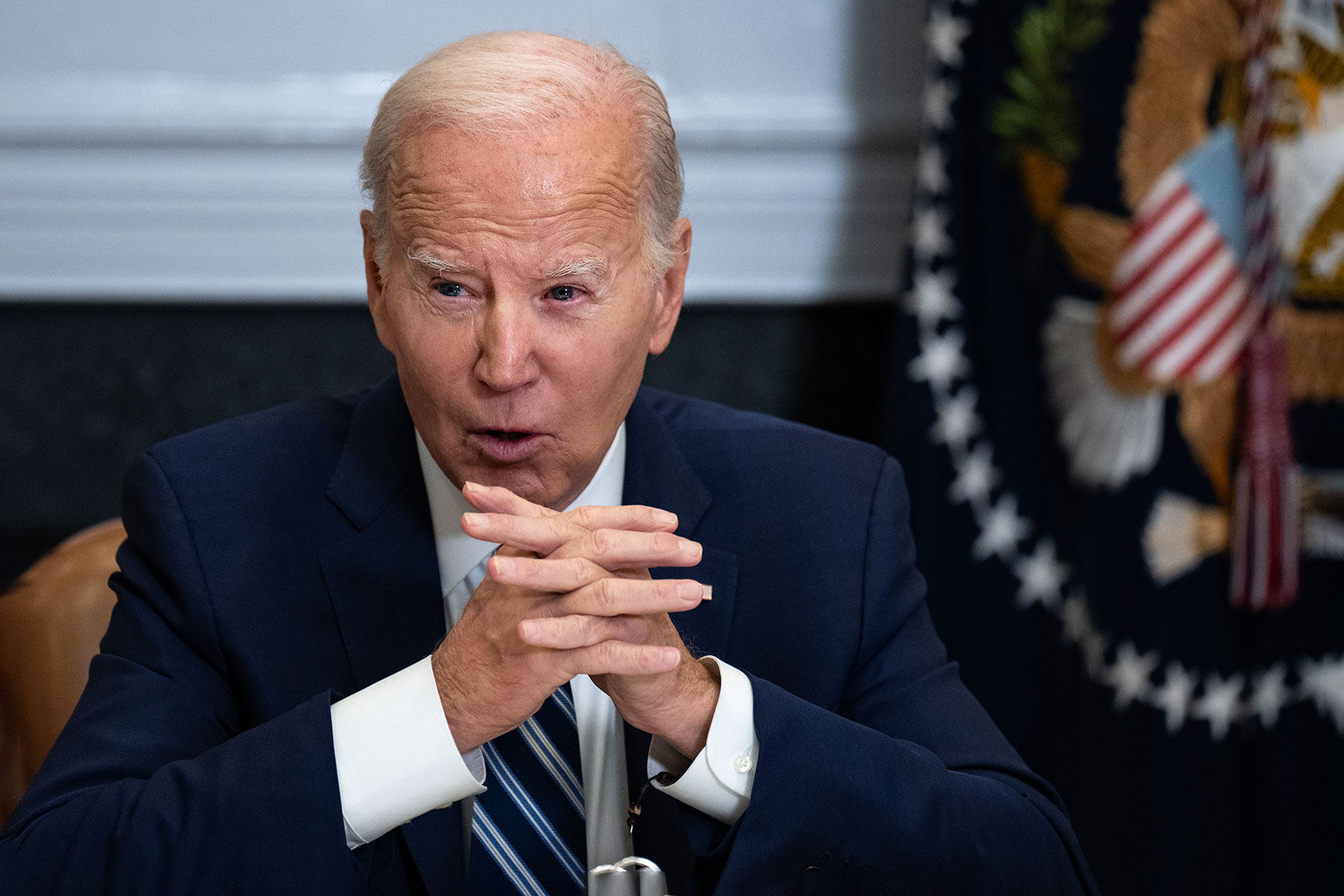Imagine you woke up one morning to find out that the government approved the construction of a giant “natural” gas processing facility in your backyard. Though your community already suffers from elevated levels of asthma, respiratory disease and cancer from polluting industry, no one asked you or your neighbors whether you wanted yet another source of air pollution.
Now imagine that the federal government told you that your new polluting neighbor was a solution to climate change and the escalating extreme weather disasters that routinely devastate your community.
That kind of gaslighting is the current reality for communities in Southern Louisiana, as President Biden’s Department of Energy considers granting a license to build a new “liquified natural gas” export terminal called Calcasieu Pass 2 (CP2). This is the latest in the oil and gas industry’s mad dash to build gas export facilities that will make countries around the world dependent on fossil fuels for decades to come.
For years, the industry has pushed a myth: that “natural” gas is a clean energy solution that can act as a “bridge fuel” until clean energy like wind and solar are ready. In reality, wind and solar are now the most affordable source of new energy and are being deployed at record levels across the planet. And “natural” gas is mostly methane, a powerful greenhouse gas that warms to the atmosphere more than 80 times as quickly as carbon dioxide; it constantly leaks (or is purposefully released) from fracking sites, gas pipelines, and storage and processing facilities like CP2.
We need your help to stay independent
When all that methane pollution is taken into account, it erases any supposed climate benefit that gas has over coal power. According to researchers at Cornell University, it could even make gas worse than coal in terms of its contributions to extreme weather. Robert Howarth, a professor of ecology and environmental biology at Cornell, found that even under a best-case scenario with as few leaks as possible, the greenhouse gas emissions from the entire gas export cycle are 24% worse than those caused by digging up and burning an equivalent amount of coal.
In addition to their vast climate impacts, exporting vast amounts of gas fuels inflation and raises energy prices for American families, as US utilities are forced to compete with entire foreign countries for the same limited supply of fuel. The price of gas nearly tripled last year as the industry rushed to make top dollar selling it overseas following Russia’s invasion of Ukraine. Huge new facilities like CP2 would only further tie US consumers to volatile international gas markets and risk higher monthly energy bills.
These revelations about “natural” gas may be shocking to DC politicians who have been fed a steady diet of misleading marketing and industry lobbying, but it’s no surprise to Gulf Coast communities that are living next to these facilities. They see the bright red flames of methane that the industry routinely burns off, and can feel in their lungs the invisible pollutants these facilities release. A new poll released this month found that respondents want limits on natural gas exports by a 2-to-1 margin. 62% support a pause on the construction of new export facilities until the proper reviews are completed.
Even though pollution from gas export facilities is supposedly “regulated,” the industry often ignores those laws in order to keep reaping the profits on the sale of gas. Just down the road from where CP2 would be built, Venture Global’s Calcasieu Pass 1 LNG exceeded its air pollution limits 139 times last year but kept operating because any potential fines are minuscule compared to the profits that executives can make selling gas overseas.
Does polluting Gulf Coast communities, warming the planet with more methane gas and raising US energy prices sound like its “in the public interest?” That’s the metric that President Biden’s Department of Energy (DOE) is supposed to be weighing to determine whether gas export facilities like CP2 can be built. But as a group of Democrats in Congress have noted, “DOE’s case-by-case approach to approvals ignores the aggregate impact that the explosive growth in U.S. LNG exports is having on climate, communities, and our economy.”
The reality is that the rush to expand gas exports has more to do with the interests of oil and gas executives than the public, which will be stuck with more extreme weather disasters, higher energy bills and air pollution in frontline communities in Southern Louisiana. It’s time for Biden and DOE to slow down and actually weigh the impacts that gas exports are having on the American public.

